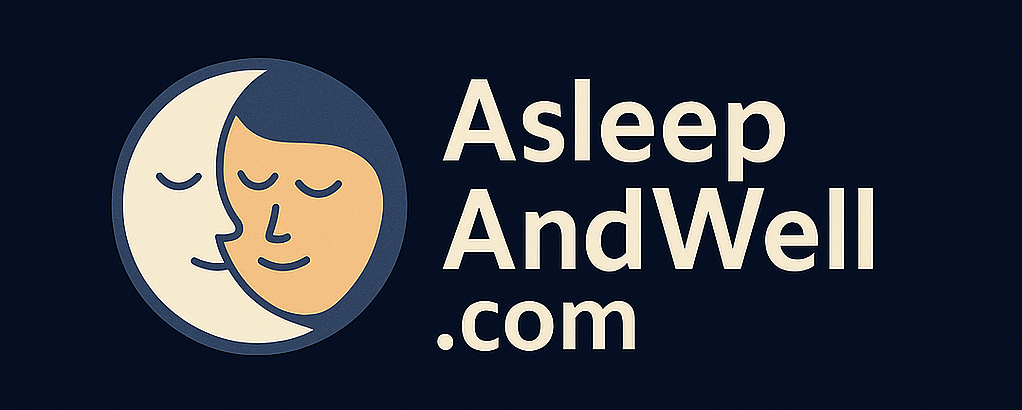💤 How Much Sleep Do I Actually Need?
We all know sleep matters, but how much do we really need?
Is six hours fine if you feel okay? What about naps? And do sleep needs actually change with age?
This guide clears up the confusion, with straightforward, no-pressure advice on what’s recommended – and how to find what works best for you.
📊 General Sleep Recommendations by Age
The National Sleep Foundation and most health bodies agree on these averages:
| Age Group | Recommended Sleep |
| New-borns (0–3 months) | 14–17 hours (incl. naps) |
| Infants (4–11 months) | 12–15 hours |
| Toddlers (1–2 years) | 11–14 hours |
| Preschoolers (3–5 yrs) | 10–13 hours |
| Children (6–12 yrs) | 9–12 hours |
| Teens (13–18 yrs) | 8–10 hours |
| Adults (18–64 yrs) | 7–9 hours |
| Older Adults (65+) | 7–8 hours |
Remember: these are guidelines, not rules. Some people thrive on less. Others need more, especially during stressful, emotional, or physically demanding times.
🌱 Spring: New Beginnings & Early Years
Sleep needs are highest in this stage – for both kids and their parents. Naps are essential. Routines matter.
- Newborns sleep in short bursts around the clock
- Toddlers need 1–2 naps alongside night sleep
- Preschoolers may resist bedtime, but still need 10–13 hours total
👉 More support for this age range:
Sleep Tips for 3–6 Year Olds
🌞 Summer: Growing Independence & Changing Habits
As kids grow, school schedules, tech habits, and shifting body clocks start to interfere. Teens in particular often get far less sleep than they need.
- Children aged 7–12 generally need 9–12 hours
- Teens function best with 8–10, but rarely get it
- Late-night screens, homework, and social life can all disrupt sleep
🍂 Autumn: Adulthood in Motion
Between work, relationships, parenting, and stress, sleep often takes a backseat. But this is also when the impact of poor sleep really starts to show.
- Most adults need 7–9 hours
- Less than 6 hours per night on a regular basis is linked to fatigue, poor focus, and long-term health risks
- If you feel okay on less, it might still be worth checking in with your body
❄️ Winter: Aging, Renewal & Sleep in Later Life
Older adults still need rest — but how we sleep changes. Lighter, shorter sleep is common, and sometimes you’ll wake earlier or more often during the night.
- Aim for 7–8 hours, but quality matters as much as quantity
- Naps can be helpful, especially after poor nights
- Medical conditions, medications, and changing hormones can impact sleep
🤔 How Do You Know If You’re Getting Enough?
Forget the numbers for a moment. Ask yourself:
- Do I wake up feeling rested, more days than not?
- Can I function well through the day without caffeine or naps?
- Do I fall asleep easily at night and stay asleep?
If the answer’s yes, you’re probably doing just fine. If not, it might be time to adjust.
✅ Tips for Getting the Sleep You Need
- Stick to a consistent schedule, even on weekends
- Wind down before bed – start a 30–90 minute routine
- Cut caffeine after midday
- Minimize blue light at night
- Don’t lie in bed stressed – get up and reset if you’re wide awake
👉 Explore these in more detail:
How to Create a Wind-Down Routine That Actually Works
📝 Final Thoughts
Sleep isn’t a one-size-fits-all number. But tuning into your age, your body, and your lifestyle can help you figure out how much you really need – and how to get there.
Rest doesn’t need to be perfect. It just needs to work for you.
